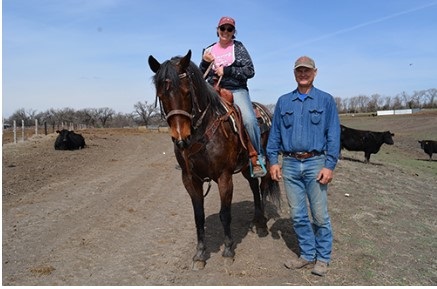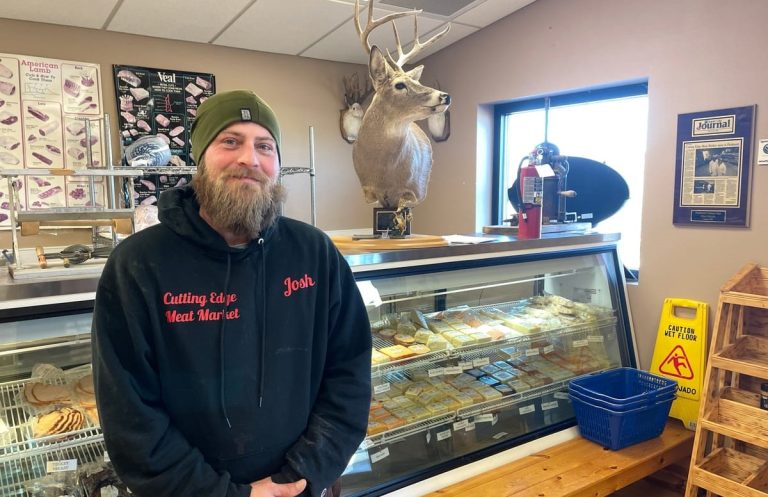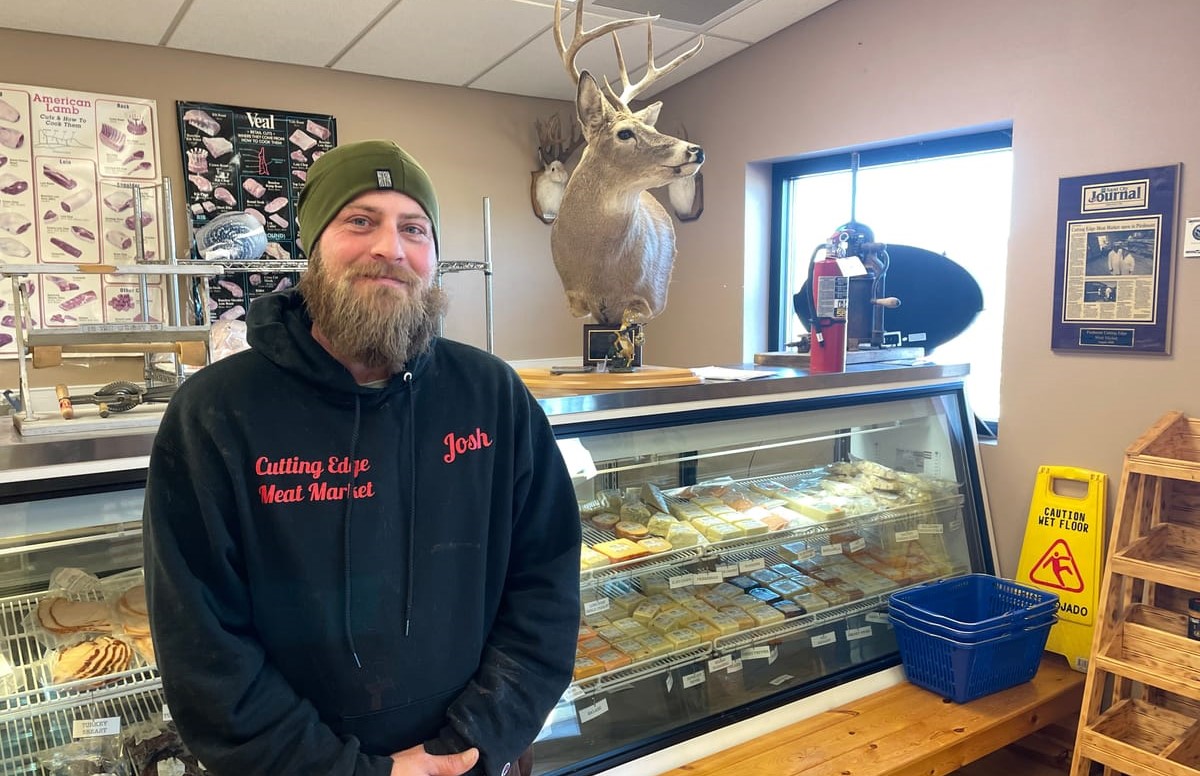DES MOINES, IA – The National Pork Producers Council and the American Farm Bureau Federation have petitioned the U.S. Supreme Court to take their case against California’s Proposition 12, which would ban the sale of pork from hogs that don’t meet the state’s “arbitrary” production standards.
Pork
 As explained in a California Department of Food & Agriculture release, the new law requires that animals held in buildings, including veal calves, laying hens and breeding sows, “be housed in confinement systems that comply with specific standards for freedom of movement, cage-free design and minimum floor space.”
As explained in a California Department of Food & Agriculture release, the new law requires that animals held in buildings, including veal calves, laying hens and breeding sows, “be housed in confinement systems that comply with specific standards for freedom of movement, cage-free design and minimum floor space.”
Proposition 12 also bans the sale of pork, veal and eggs from animals raised outside of California if their living conditions fail to meet the new standards.
The appeal to the high court comes after the U.S. Court of Appeals for the 9th Circuit in July upheld a lower court ruling against the NPPC-AFBF case. The appeals court found despite the organizations plausibly alleging that Prop. 12 “will have dramatic upstream effects and require pervasive changes to the pork industry nationwide,” 9th Circuit precedent won’t allow the case to continue. That precedent, however, runs counter to numerous Supreme Court decisions and is in conflict with nearly every other federal circuit court.
“We’re asking the Supreme Court to consider the constitutionality of one state imposing regulations that reach far outside its borders and stifle interstate and international commerce,” said NPPC President Jen Sorenson. “In this case, arbitrary animal housing standards that lack any scientific, technical or agricultural basis and that will only inflict harm on U.S. hog farmers.”
Generally, the Commerce Clause grants Congress the power to regulate trade among the states and restricts states from regulating commerce outside their borders, except for matters related to public health and safety.
“Supporters of Proposition 12 claimed it would improve animal welfare and food safety. The law fails to address either of those issues,” said AFBF President Zippy Duvall. “Farmers know the best way to care for their animals. This law takes away the flexibility to ensure hogs are raised in a safe environment while driving up the cost of providing food for America’s families. Small family farms well beyond California’s borders will be hit hardest as they are forced to make expensive and unnecessary changes to their operations. This will lead to more consolidation in the pork industry and higher prices at the grocery store, meaning every family in America will ultimately pay the price for Prop. 12.”
Beginning Jan. 1, 2022, Prop. 12 will prohibit the sale of pork from hogs whose mothers (sows) were raised — anywhere in the world — in pens that do not comply with California’s highly prescriptive housing standards. It applies to any uncooked pork sold in the state, whether produced there or outside its borders. Nearly all pork currently produced in the United States fails to meet California’s arbitrary standards.
To continue selling pork to the 40 million consumers who live in California, which represents about 15 percent of the U.S. pork market, pork producers would need to switch to alternative sow housing systems. Industry estimates for converting sow barns or building new ones to meet the Prop. 12 standards are in the billions of dollars, with consumers bearing the ultimate cost through higher pork prices.












